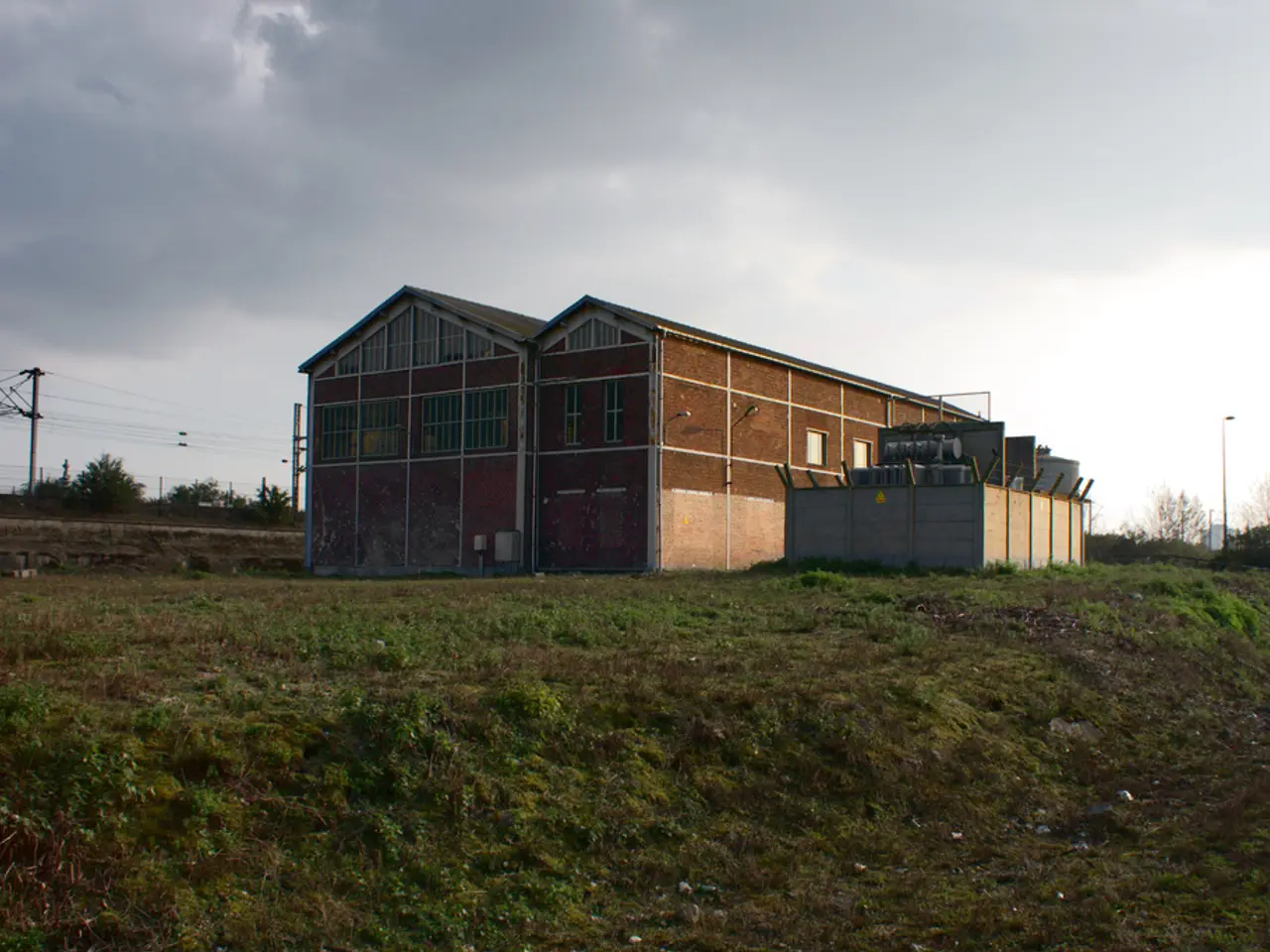Power distribution system in the nation is strained and deteriorating
Germany is taking decisive action to modernize and expand its power grid, aiming to meet the increasing demands from Artificial Intelligence (AI) applications and data centers. Experts warn that failure to invest enough in the grid sector could lead to an economic disaster, with at least 34 billion euros needed, compared to the current 15 billion euros being invested.
One of the key solutions is the implementation of massive grid expansion and modernization contracts. Hitachi Energy recently signed a landmark $700 million deal with E.ON to supply power and distribution transformers critical for grid modernization and expansion. This deal, one of the largest ever in Germany, is aligned with a new German government infrastructure fund of €500 billion focused heavily on energy. The expansion secures vital manufacturing capacity and transformer supply amid global shortages and in anticipation of electricity demand rising from 96 TWh in 2024 to an estimated 236 TWh by 2035, driven largely by electrification trends including AI data centers.
Strategic corporate investments and mergers & acquisitions are also playing a significant role. Eiffage Énergie Systèmes reported nearly €950 million orders in H1 2025 for grid upgrades in Germany and expanded its capabilities through acquisitions of Salvia and Eqos, which support end-to-end energy solutions spanning grid modernization, hydrogen infrastructure, and industrial decarbonization. Projects like the Rhin-NeckarNord grid extension (€950M) emphasize enhancing transmission capacity to support renewables and future demands.
The integration of smart grid technologies and energy storage is another crucial aspect. Germany faces grid congestion, especially in renewable-rich northern regions, which necessitates smart grid solutions, including demand-response systems where consumers allow utilities to regulate appliances for efficiency gains. Energy storage expansion is critical to handle intermittent renewables and maintain stable supply for data centers and AI operations, preventing reliance on fossil fuels that conflict with climate goals.
Government-backed large-scale funding is also a significant part of the strategy. The recently announced €500 billion federal fund prioritizes energy infrastructure to boost energy security, resilience, and sustainability in the context of accelerating AI-related electricity use and overall electrification.
However, although some grid operators have announced plans for significant investments, experts say this is still not enough. The issue of long wait times for data center connections in major and minor cities in the country has been ongoing, with Frankfurt having wait times of up to ten years for data center connections, while other locations can have wait times of up to thirteen years. This mass movement of companies could result in a significant exodus from major cities. The EU's original goal was to triple capacities by 2030, but experts believe a more realistic target would be to double them. Only a few operators can bridge the gaps in the required investments.
Experts warn that our country needs to do more in the grid sector to avoid being the loser in this situation. The mass movement of companies could result in a significant exodus from major cities, leading to economic and social consequences. The efforts to modernize and expand Germany's power grid are underway now and are planned to continue intensively through 2035 and beyond.
Read also:
- A Business Model Explained: Its Purpose and Benefits for Your Venture
- Deep-rooted reinforcement of Walkerhughes' acquisitions through strategic appointment of Alison Heitzman
- Unchecked Management of HP Dams Leads to Environmental Disaster: RTI Reveals
- CDU Hamm: Aim, Chosen Candidate, and Local Election Agenda





